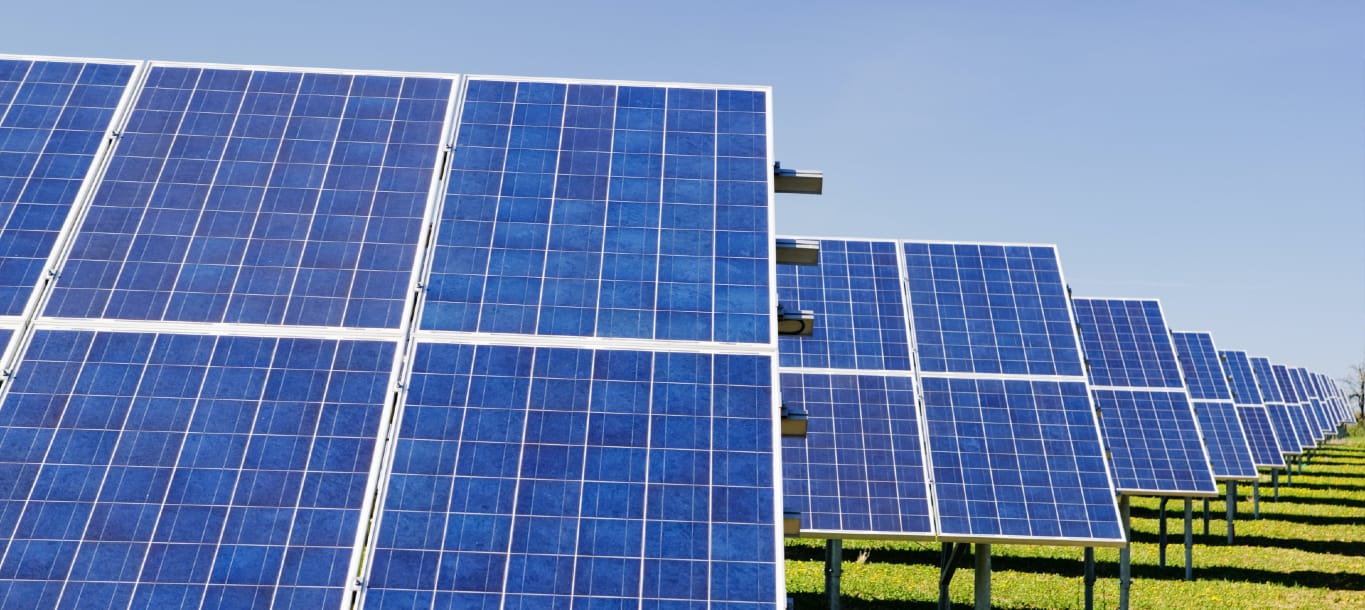What is renewable energy?
Renewable energy, sometimes called clean or sustainable energy, is energy from sources that are not depleted when used, and thus cannot run out. This means that there are no worries about overusing them or the supply running out. There are five key renewable energy sources: solar power, geothermal energy from the Earth’s crust, biomass energy from plants, wind energy and hydropower from running water.
What are the advantages and disadvantages of renewable energy?
There are pros and cons to using renewable energy sources. Most renewable energy generators are expensive to set up, such as wave generators and wind turbines. There are also concerns about the potential hazards wind turbines and tidal generators pose to wildlife. Furthermore, wind turbines and solar panels also rely on the weather. If it isn’t windy or sunny enough, wind turbines won’t turn and solar panels won’t produce the electricity needed.
However, renewable energy also has a number of advantages over non-renewable energy sources. Renewable energy naturally replenishes itself, and thus cannot run out. Widespread use of renewable energy diversifies the energy options available, and reduces dependence on imported fossil fuels. In addition to this, renewable energy doesn’t harm the environment. While fossil fuels create air pollution and greenhouse gas emissions, renewable energy is clean.
Unlike nuclear power which produces dangerous nuclear waste, renewable energy doesn’t produce any dangerous substances. With concerns about global warming and climate change, renewable energy is widely seen as vital for the health of the planet.
What are the recent developments in the field?
The need for clean energy sources means that the renewable energy field is incredibly active. The UK has committed to all of their electricity coming from clean energy sources by 2035, with a number of corporations pledging to transition to 100% renewable energy.
Exciting developments in the field include: a phone mast being run off wind energy, to deliver connectivity to remote areas; infrared breakthroughs that could result in solar power at night; and developing solar cells that are more efficient and non-toxic.
What career opportunities are there within renewable energy?
The fast-growing, innovative nature of renewable energy means there are a range of opportunities within the field.
As a renewable energy engineer, you’ll help to produce renewable energy sources, finding clean, efficient, and easily accessible energy sources, and then supplying this energy to our communities. However, if you’d rather take a more active role in the installation of energy sources, you might enjoy a career as a wind turbine technician, installing, operating and repairing wind turbines.
Finally, as an energy consultant, you’ll monitor the energy consumption of an organisation, helping them to improve their energy efficiency, reduce their financial costs, and make their energy consumption more sustainable.
